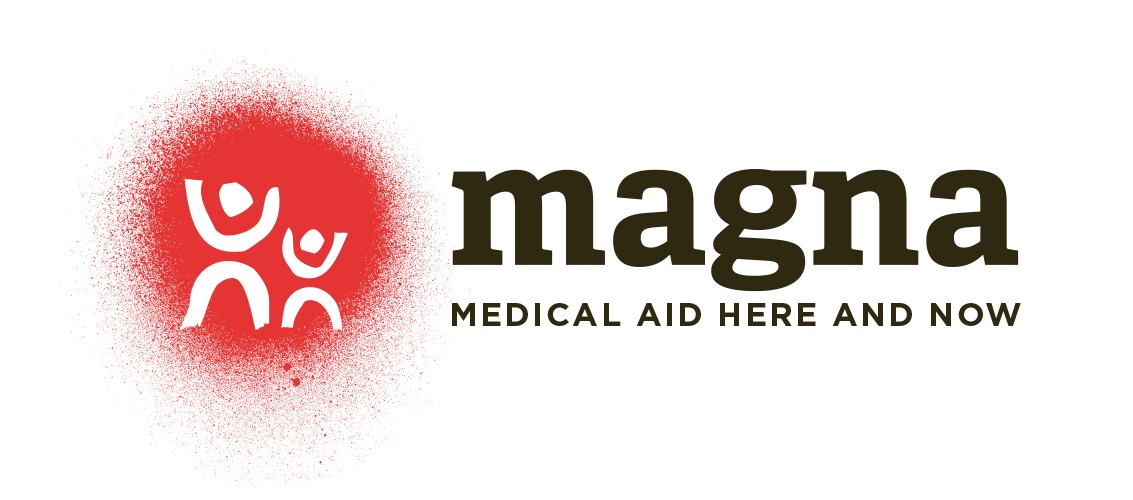Syrian chemical attack victims receiving aid also from Slovaks
Syrian doctors missing critical instruments and devices; humanitarian organisation aid worker DENISA AUGUSTÍNOVÁ replies to questions from SME.sk.
How are you specifically helping victims of the war in Syria?
“Magna operates a mobile clinic directly in a besieged area of Syria north of Homs covering 43 square kilometres and with a population of 200,000. The Magna crew is composed of Syrian healthcare professionals who have remained in Syria and become part of our mission.
“Physician, nurse, psychologist, midwife and driver are daily rushing to the most vulnerable communities and to camps filled with people who have been forced to flee their homes. Magna also supports three hospitals in Idlib Province with medical supplies including laboratory and blood bank materials as well as regular deliveries of medicines. It was to one of the hospitals, Bab al-Hawa, where those injured by Tuesday’s (4th of April 2017) chemical attack were carried.”
Do you have more specific information from the field about whether chemical weapons had really been used in Tuesday’s attack?
“47 victims of the chemical attack in the province were treated at the Magna-supported Bab al-Hawa hospital.Unfortunately, seven of them succumbed while ten others are out of danger. The others are still fighting for their lives. They were suffering in particular from severe breathing disorders, cyanosis and nervous disorders and they were foaming at the mouth, which are characteristic of chemical weapon attacks.
“Three of our healthcare worker colleagues who have been in contact with patients stricken by the chemical attack are now in the intensive care unit and we believe all of them are going to be all right.”
Do you want to help? You can get involved in aiding the victims of the Syrian conflict by sending SMS € 5 to 836 (within Slovakia) or contributing online.
You can also become a regular donor (€ 3 a month) by sending an SMS text message with the word “MAGNA” to 806 (within Slovakia).
From your information, how many similar chemical attacks have taken place in Syria in the almost six years since the war broke out?
“This was the first attack involving chemical weapons since January, although we believe this to have been the ninth attack.”
What material are the Syrian hospitals lacking the most? Have the Syrian doctors been effectively able to save victims of similar attacks with material they have at present?
“In the war in Syria, the most important things needed are instruments and medical supplies for urgent medical care essential to save human lives. Today, life-saving capacities are missing in Syria. Humanitarian aid from Slovakia which Magna distributed at the end of 2016 and start of 2017 included anaesthesiology and resuscitation devices, pharmaceuticals, medical supplies, folding beds, blankets and similar equipment. Just the respiratory support devices we have in the hospital alone have helped them incredibly in this situation.”
Why do you believe attacks with chemical weapons are more dangerous and inhumane than those with conventional weapons?
“Chemical attacks are exceptionally destructive in terms of the harm they cause to the health of victims. They have an immediate impact on people, damaging the nervous system and causing respiratory arrest, and this requires immediate medical intervention with paramedics that have to be especially prepared.
Today the situation in Syria is extremely complicated. This incident saw chemical weapons used against many civilians, including children. These were very cruel attacks.And this is why they are considered a war crime under international law.”
